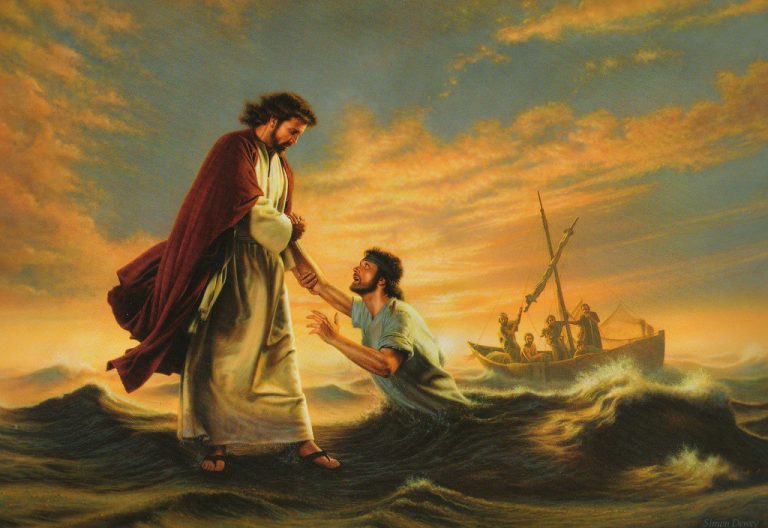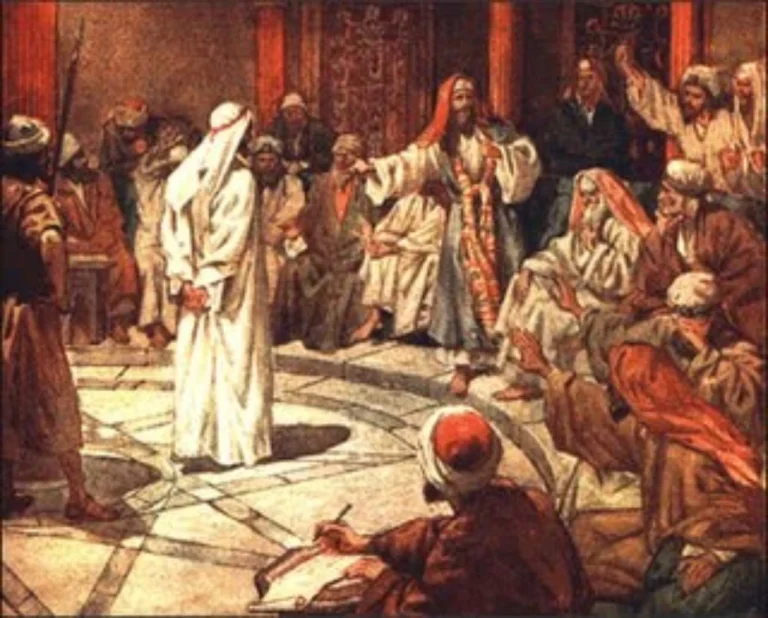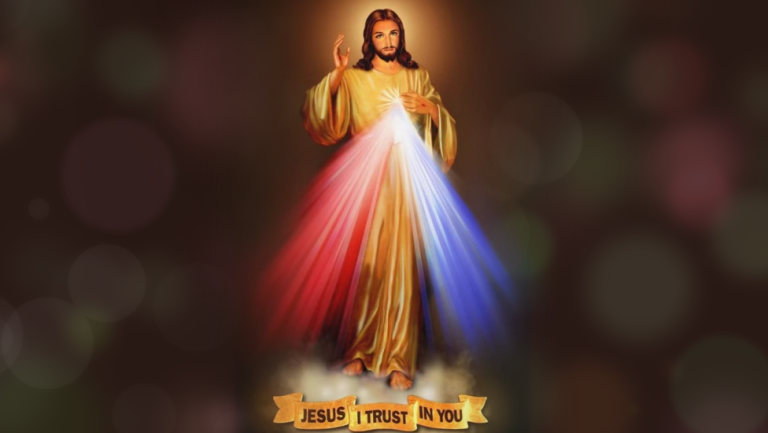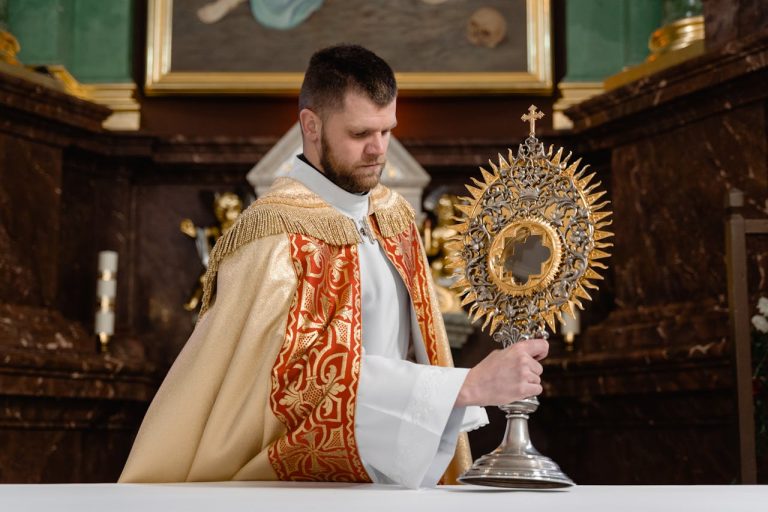Catholic Fundamentalism has discovered a weird devolution in religious doctrine. The collapse is clear in a few sentences:
Once, most Christians were Catholic. A few hundred years ago, many became Protestants. They maintained most of The Church teachings on abortion, birth control, divorce, etc.
Then, Protestants were attacked from within. Ambitious assistant pastors and opportunists began their own denominations. Some started out in tents. When radio and TV became powerful marketing tools, many began their own Christian shows and mini-networks. Now, there are 40,000 “Christian” denominations.
What are they? What do they believe? Mostly, they believe in cash flow. Entire theologies, from store-front, inner-city churches to giant mega-churches, are built around marketing plans that focus on real and perceived needs of prospective donors.
Their marketing surveys showed: People don’t want to be told what to do. They want to be free. They feel a need to contribute. They want attention. They want to be told they are smart and concerned. They want assurance that they are good, special, decent, successful, kind, loving, and on their way to Heaven. They want to feel good about themselves.
Today, even the 40,000 denominations are in danger! Facebook Theology provides those same positive feelings without actually attending or supporting a church! It’s simpler, now. And, it’s much less expensive! Facebook Theology: Believe. Have faith. No church needed!
Protestants are now freed from going to church! No more donations. They can stay home to make endless posts about how important their faith and belief is. They can have those posts shared, magnified, and replied to by others in the world’s most rapidly growing congregation. Facebook Theology: Believe. Have faith.
Christianity is now an iceberg. There are more Christians underwater, Facebooking about being saved by their individual beliefs, than going to church.
Amazingly, countless millions of people are risking their immortal souls on such claptrap. Facebook Theology: Believe. Have faith. Repeat the catechism: “God loves me. If I sin, He will forgive me. I believe in God. And, Jesus. I have faith. My faith is very important to me. We cannot be saved without faith. Since I have faith, I will be saved. I am going to Heaven because I am a good person. God can hardly wait for me to get there! I believe in my faith.”
That, in a nutshell, is all there is to it. Facebook Theology: Believe. Have faith. No doctrine. No defining principles. No answers. No questions. Just feelings. Good feelings. Shallow, empty feelings, when magnified and shared, take on a life of their own.
Is Facebook Theology an endless deluge of self-serving drivel with no real guidance? To some degree. There may be vaguely remembered and embraced thoughts of The Trinity. There might be some hint of nearly forgotten Sacraments like Baptism and Marriage that may have helped less enlightened human souls move closer to God in the dark days before Facebook. But, these things are unimportant. All that’s necessary is this simple, new approach. Facebook Theology: Believe. Have faith.
Unpleasant truths are not welcome. No one wants to hear harsh, judgmental attitudes about fornication and abortion. Such things are not welcomed. Facebook Theology: Believe. Have faith. No questions about sin. Sin is only possible for people who do not have faith. In Facebook Theology, everyone who wants to go to Heaven gets there. God would not dare deny them entrance. They believe. They have faith.
The kind of question that Facebook theologians hate: “Is it wrong for married clergypersons to use birth control chemicals and divorces that cause the tiniest of babies to be aborted?” Facebook Theology does not want “hard thinking”. Such questions may hurt feelings.
Why does God allow such mindless claptrap to be spewed in His Name? The garden is self-weeding.








